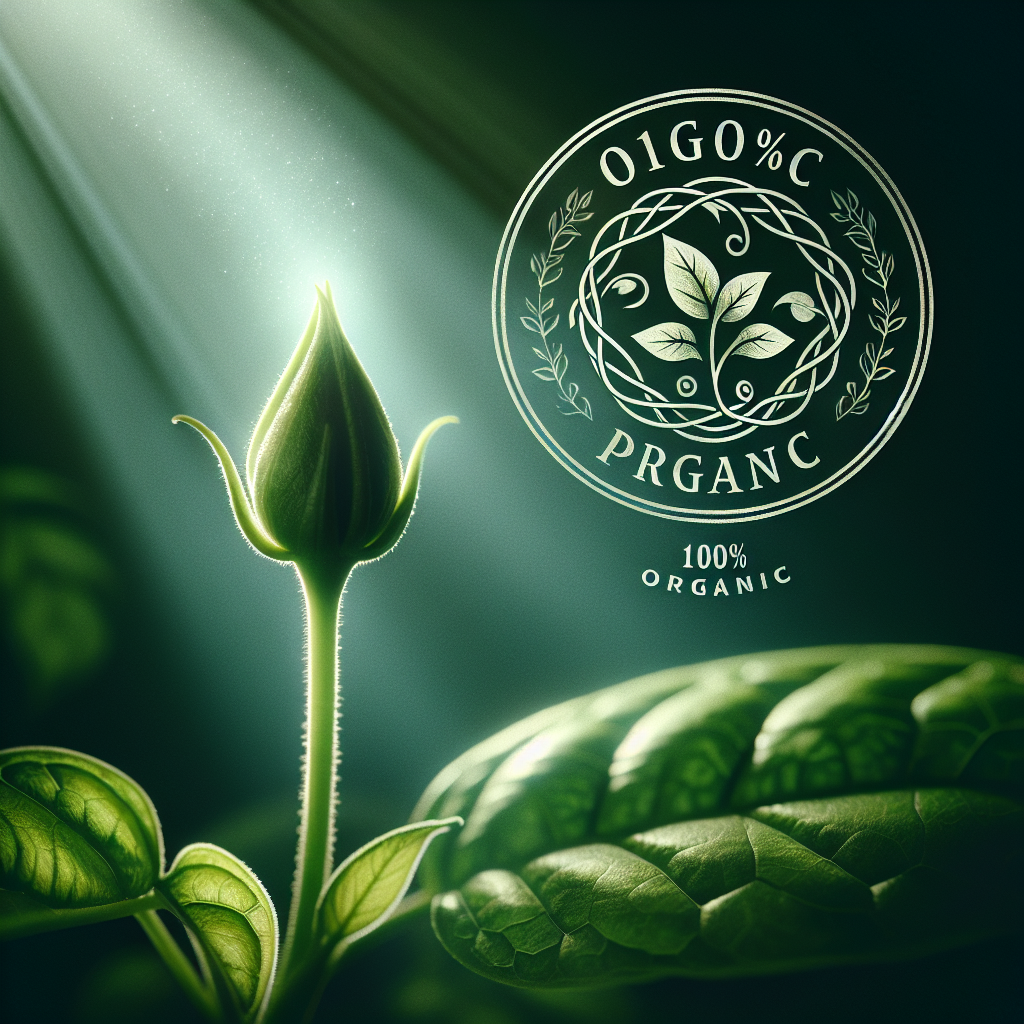Your cart is currently empty!
Unveiling the Truth About 100% Pure Organic Products

In recent years, there has been a growing trend towards using organic products in various aspects of our lives, from food and skincare to household cleaning products. Many consumers are drawn to the idea of using products that are free from harmful chemicals and pesticides, and are marketed as being 100% pure and organic.
But what does it really mean for a product to be 100% pure organic? Are these products truly better for our health and the environment, or is it just a marketing ploy to cash in on the growing demand for natural products?
First, let’s break down what “organic” actually means. According to the United States Department of Agriculture (USDA), organic products are made with ingredients that have been grown without the use of synthetic fertilizers, pesticides, or genetically modified organisms (GMOs). Organic farming practices also focus on maintaining soil health and biodiversity, and promoting animal welfare.
When a product is labeled as 100% pure organic, it means that all of the ingredients used in the product are certified organic. This means that the product has met strict standards set by organizations like the USDA or the Soil Association in the UK, and has been produced without any synthetic additives or chemicals.
But just because a product is labeled as 100% pure organic does not necessarily mean that it is better or more effective than conventional products. In fact, some organic products may not work as well as their non-organic counterparts, or may have a shorter shelf life due to the lack of preservatives.
It’s also important to note that not all organic products are created equal. Some companies may use the term “organic” loosely, or may only use a small percentage of organic ingredients in their products. This is why it’s important to look for products that are certified organic by a reputable organization, and to do your research on the company’s farming and production practices.
Another common misconception about organic products is that they are always better for the environment. While organic farming practices do have some environmental benefits, such as reducing pesticide runoff and promoting soil health, organic farming also has its own set of challenges, such as lower crop yields and higher labor costs.
In conclusion, while 100% pure organic products can be a great option for those looking to reduce their exposure to synthetic chemicals and support sustainable farming practices, it’s important to approach these products with a critical eye. Look for products that are certified organic by a reputable organization, and do your research on the company’s farming and production practices. And remember, just because a product is labeled as organic does not automatically make it better or more effective than non-organic products.

Leave a Reply